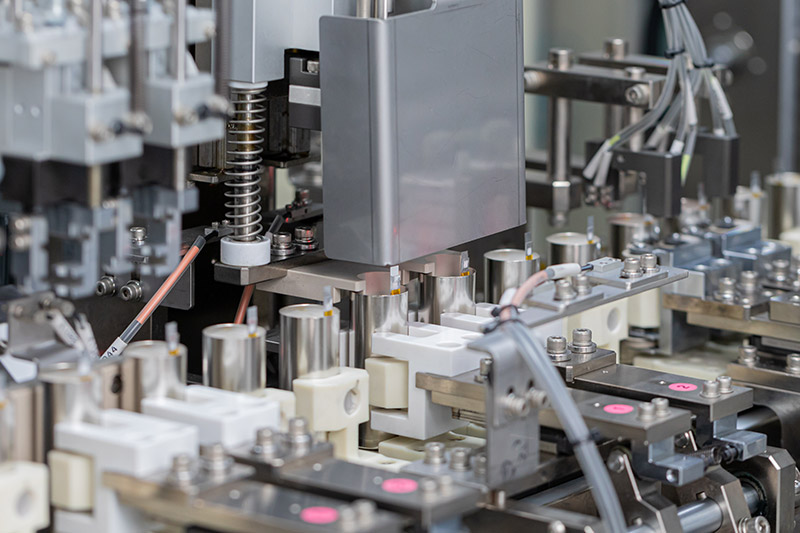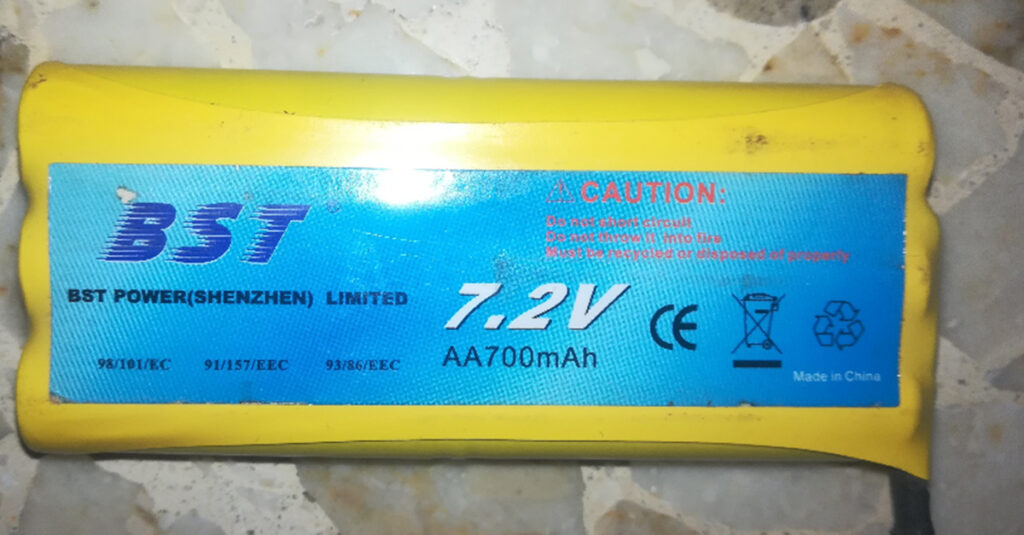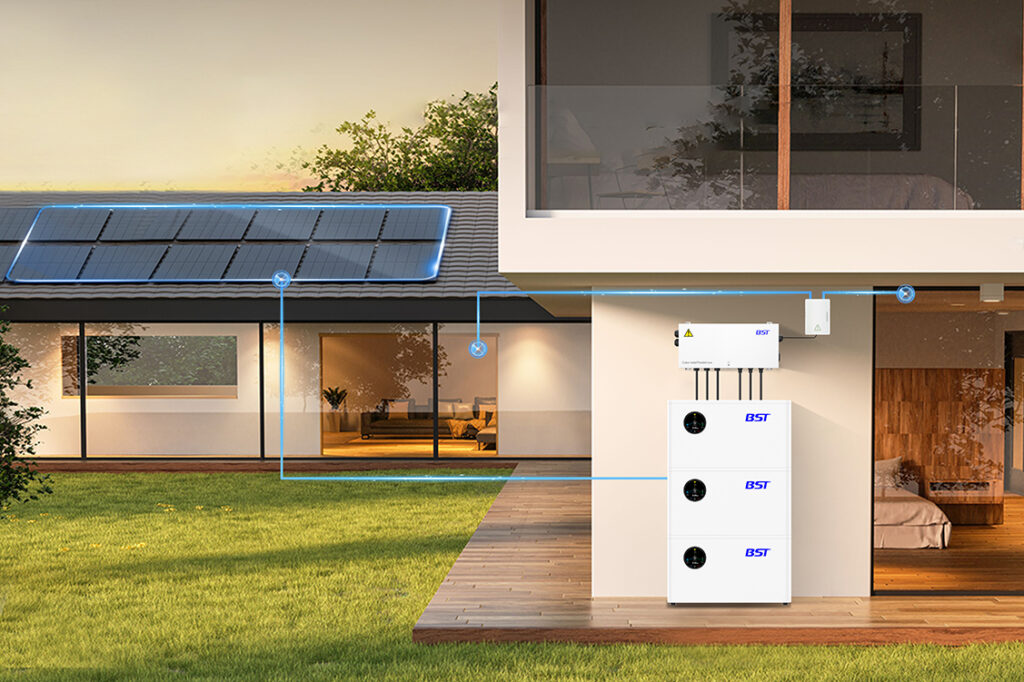In recent years, LiFePO4 (Lithium Iron Phosphate) batteries have gained global attention as a superior choice for energy storage and electric applications. Whether used in home solar systems, industrial backup, or electric mobility, LiFePO4 offers unmatched benefits in terms of safety, durability, and efficiency.

So, what makes LiFePO4 stand out from other battery technologies like NMC or lead-acid? This article explores the top reasons—and why more B2B clients, installers, and manufacturers are making the switch.
What Is LiFePO4?
Key Features of LiFePO4 Chemistry:
- Stable crystal structure that prevents overheating
- No cobalt, making it environmentally and ethically superior
- Flat voltage curve, ensuring consistent performance across the entire discharge cycle
- Lower energy density than NMC but much higher thermal and chemical stability
This chemistry is widely used in:
- Residential and commercial solar energy storage systems
- Electric vehicles (EVs) and e-bikes
- Off-grid power and telecom towers
- Marine, RVs, and industrial backup power (UPS)
7 Key Advantages of LiFePO4 Batteries
1. 🔁 Long Cycle Life: 3,000–6,000+ Times
LiFePO4 batteries offer exceptional durability. Depending on usage, they can deliver 3,000 to over 6,000 full charge/discharge cycles—compared to just 500–1,000 cycles in lead-acid batteries and around 1,500–2,500 in typical lithium NMC batteries.
📌 Benefit: Lower replacement frequency = Reduced long-term cost
📌 Use case: Ideal for solar systems with daily cycling or frequent power use
2. 🔒 High Safety and Thermal Stability
LiFePO4 is one of the safest lithium chemistries. It resists:
- Overheating and thermal runaway
- Internal short circuits
- Combustion under stress or damage
Unlike other lithium-ion batteries, LiFePO4 doesn’t react violently to overcharge or mechanical abuse. It operates safely even at high temperatures (up to 500°C).
📌 Benefit: Peace of mind in home or commercial settings
📌 Use case: Perfect for hot climates, off-grid systems, or enclosed spaces
3. ⚖️ Lightweight and Compact
Despite its robustness, LiFePO4 is significantly lighter than lead-acid batteries. A 100Ah LiFePO4 battery weighs around 10–12kg, while a comparable AGM battery could weigh 30kg+.
📌 Benefit: Easier transportation, faster installation
📌 Use case: Great for rooftop systems, RVs, boats, and mobile power stations
4. ⚡ High Energy Efficiency (Up to 98%)
LiFePO4 batteries boast a round-trip efficiency of 95–98%, meaning almost all the energy you store is usable. Lead-acid batteries average 80–85%.
They also charge faster and can discharge at higher currents without degrading.
📌 Benefit: More usable energy, faster charging = More savings
📌 Use case: Excellent for solar + battery hybrid systems
5. 🌍 Eco-Friendly and Non-Toxic
LiFePO4 contains no harmful metals like lead, cobalt, or cadmium. It’s also fully recyclable and has a minimal environmental footprint in production and disposal.
📌 Benefit: Environmentally responsible and RoHS/UN38.3 compliant
📌 Use case: Clean energy projects, sustainable housing, ESG-compliant businesses
6. 🔋 Deep Discharge Capability (100% DOD)
Unlike lead-acid batteries, which should only be discharged to 50–60% to maintain lifespan, LiFePO4 batteries can be safely discharged to 100% Depth of Discharge without shortening life.
📌 Benefit: Get the most out of every kWh
📌 Use case: Ideal for full-day energy backup, power-intensive operations
7. 🛠️ Low Maintenance and Smart BMS Integration
LiFePO4 batteries require zero maintenance—no need for water refills, equalization, or vented enclosures. Modern versions come with a built-in Battery Management System (BMS) for:
- Overcharge/discharge protection
- Temperature monitoring
- Voltage balancing
📌 Benefit: Worry-free long-term usage
📌 Use case: Remote installations, telecom sites, EVs, and solar farms
Use Cases: Why Businesses Choose LiFePO4
🏠 Residential Solar Energy Storage
Homeowners across Europe and North America choose LiFePO4 batteries to store solar power for evening use and blackout protection. Thanks to their longevity and safety, these batteries provide independence from rising utility prices.
🏢 Commercial and Industrial Backup Systems
Data centers, telecom base stations, and factories are replacing diesel generators and lead-acid batteries with LiFePO4 UPS systems. These batteries deliver instant power, long runtime, and zero emissions, ensuring business continuity and sustainability.
Conclusion: Why You Should Choose LiFePO4
LiFePO4 batteries are more than just a safer alternative—they’re a superior long-term investment for anyone seeking clean, efficient, and reliable energy.
✅ They last longer, perform better, and require less maintenance.
✅ They’re safer for homes, smarter for businesses, and kinder to the planet.
Whether you’re an installer, distributor, or project owner—switching to LiFePO4 puts you ahead of the energy curve.
📦 Work with BST Power – 23 Years of Energy Expertise
电芯自动化生产车间.jpg)
At BST Power, we specialize in manufacturing high-quality LiFePO4 battery packs and complete home energy storage systems for global partners. We offer:
- OEM/ODM customization
- Smart BMS integration
- Global delivery and after-sales support
💬 Contact us to discuss your project and get a free quote or datasheet.
❓ FAQs: Everything You Want to Know About LiFePO4
1. Is LiFePO4 safer than other lithium batteries?
Yes. LiFePO4 is significantly safer due to its high thermal stability and non-combustible properties, making it ideal for residential and commercial use.
2. How long do LiFePO4 batteries really last?
Typically, over 3,000–6,000 cycles. With moderate use (1 cycle per day), that’s 8 to 15 years of lifespan, depending on quality and usage.
3. Can LiFePO4 batteries be charged with solar panels?
Absolutely. They pair well with solar systems, especially with MPPT charge controllers. Their high charge efficiency makes them perfect for solar energy storage.
4. What is the biggest difference between LiFePO4 and lead-acid batteries?
LiFePO4 lasts longer, is lighter, safer, more efficient, and requires no maintenance. While the upfront cost is higher, the total cost of ownership is much lower.
5. Can I use LiFePO4 in cold climates?
Yes—but charging below 0°C can reduce efficiency or damage the battery unless you use a low-temperature LiFePO4 battery with self-heating.
6. Do LiFePO4 batteries need a BMS?
Yes. A Battery Management System is essential for monitoring performance and protecting against overcharging, deep discharge, and thermal issues.



